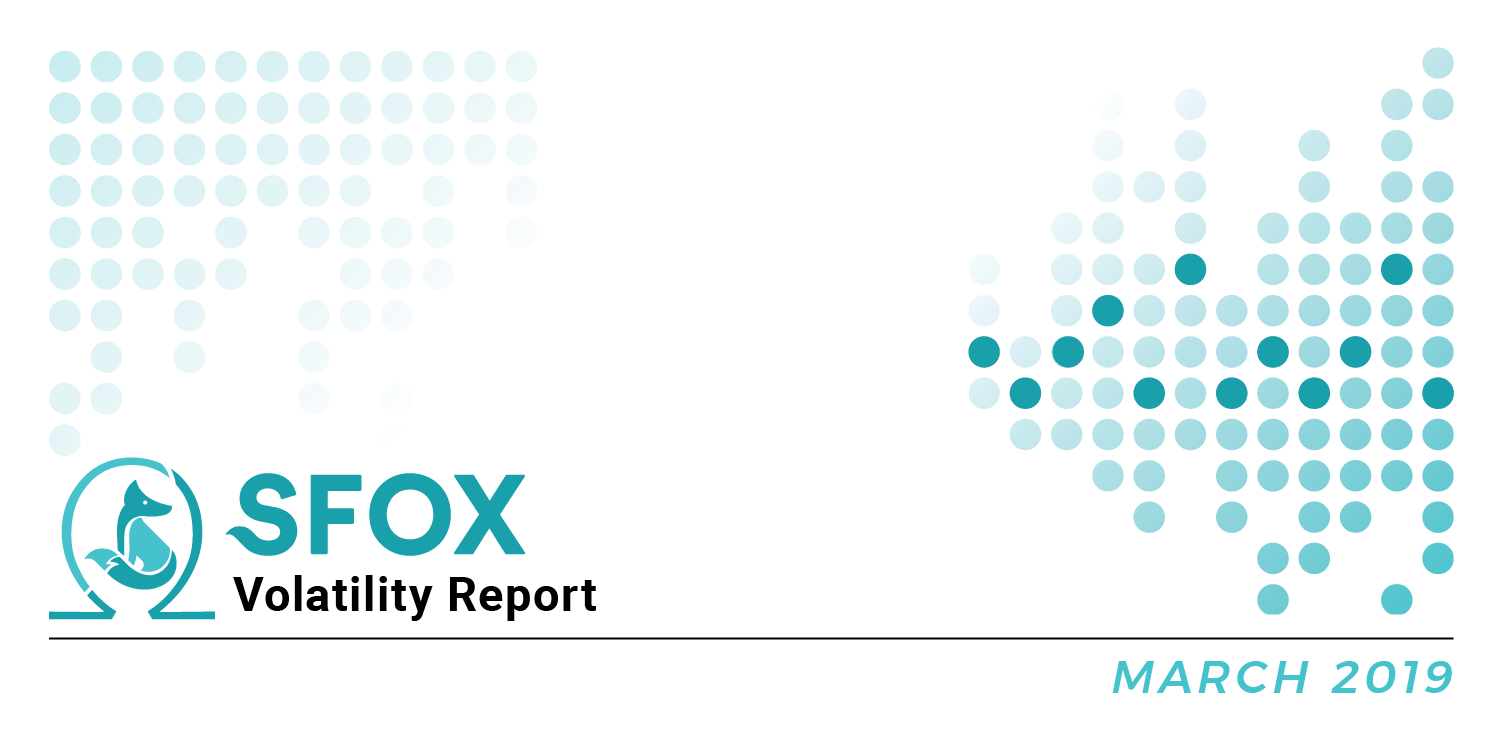Pharmaceutical companies and research institutions are feeling the pressure to reduce the time, financial, and other resource costs associated with conducting clinical trials. With the influx of emerging applications for technologies such as machine learning, robotics and automation, and blockchain and other distributed ledger technologies (DLTs), many see a new path to more efficient and effective processes that can address the challenges faced today.
The application of blockchain and DLTs is prominent in the global dialogue as a key to innovating the clinical trials process. For the last two years, there has been discussion, along with pilots and proof of concepts (POCs), to help realize the viability of these technologies in addressing the challenges present today in clinical trials, such as patient recruitment, tracing and auditing the clinical supply chain, restoring integrity to trial data, and reducing the overall time to conduct trials.
There has also been increasing growth of consortia and alliances where competing organizations collaborate to address business and technical issues that are hindering the progress of blockchain adoption as a solution. The use cases that these alliances and consortia seek to address may differ, but they share the aim of reaching consensus around the implementation of blockchain technology to enable trusted data sharing, privacy, and security. Yet the growth of consortia and alliances may be resulting in a paradoxical outcome. One driver of the use of blockchain is to reduce or eliminate data silos; yet, we have to wonder if the formation of these many consortia and alliances could present other challenges in the future if the “chain-to-chain” solution does not get addressed.
For these consortia and alliances to be successful, they need to ensure that their participants have a clear understanding of both the immediate use case and the long-term impact on the future of healthcare. They must recognize that blockchain/DLTs are not the only tools in the innovation toolbox and that it will take more than just one technology to solve all the data challenges in the healthcare ecosystem. Blockchain and DLTs are considered disruptive technologies in that they compel industry professionals to rethink every step in the process, partnerships, and overall strategy of clinical trials. Those who have been entrenched in seeking approval to participate or conduct blockchain pilots and projects would argue that evolving to this way of thinking has been difficult.
Further, the current lack of a full on-production blockchain for clinical trials poses a larger question. With the promise of blockchain, the number of alliances and consortia created, and pilots undertaken, what is still missing to advance blockchain and DLTs adoption from concept to real-world deployment in clinical trials operations?
Source/More: Driving Innovation Blockchain Adoption For Clinical Trials Optimization



















